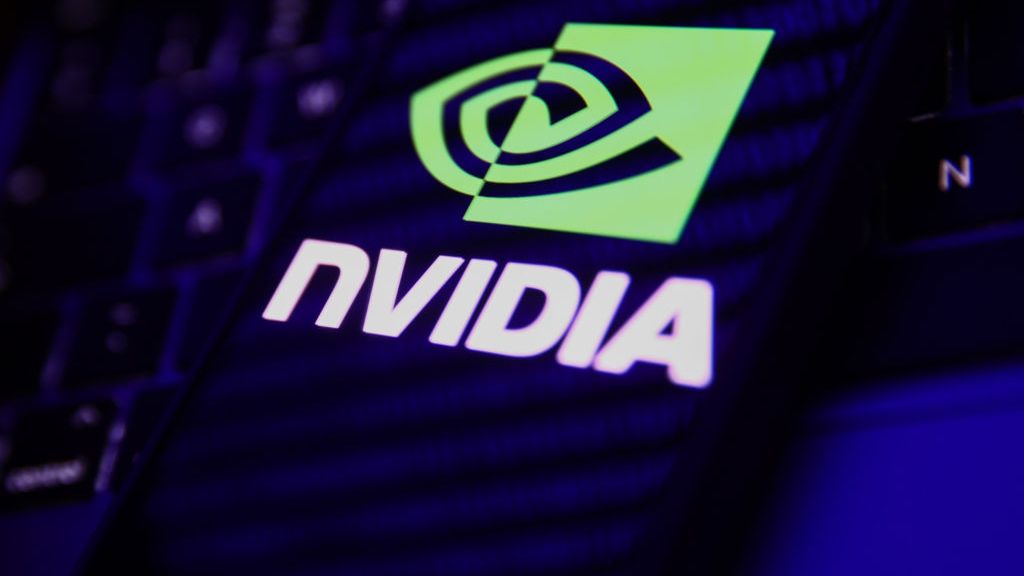Nvidia temporarily became the most valuable company in the world back in June 2024 with a worth of $3.34tn, a price that’s nearly doubled since the start of this year – and although it has now dipped back below Microsoft and Apple for now, it’s only a matter of time before the company claims the top spot once again.
HPCwire reports at the Bank of America Securities 2024 Global Technology Conference, Ian Buck, Vice President and General Manager of Nvidia’s hyperscale and HPC business, discussed the financial advantages of investing in GPUs.
“Every dollar a cloud provider spends on buying a GPU, they make it back at $5 over four years,” Buck claimed. Inferencing tasks lead to even higher profitability: “Here the economics are even better: for every dollar spent, $7 is turned over in that same time period and growing,” he said.
Blackwell shortages
Nvidia is optimizing its products to meet the increasing demand for AI inference, using Nvidia Inference Microservices (NIMs), which support popular AI models like Llama, Mistral, and Gemma. The company is also focusing on its new Blackwell GPU, which is specially designed for inferencing and improving energy efficiency.
Initially supply might be tighter than Nvidia would like, but the company isn’t concerned. “With every new technology transition comes… a mix of challenges of supply and demand. We experienced that certainly with Hopper, and there’ll be similar kinds of supply-demand constraints in the ramp of Blackwell… at the end of this year and going into next year,” Buck said.
Looking to the future, Nvidia has already begun sharing details about its Rubin GPU, announced at Computex and expected to ship in 2026, with cloud providers. Buck highlighted the importance of early collaboration, saying, “It’s really important for us to do that – data centers don’t drop out of the sky, they’re big construction projects.”
Nvidia’s steady progress in AI and GPU technology looks promising for investors, and the $4 trillion market cap seems within reach. The path ahead isn’t that clear, however. Due to its rapid growth, Nvidia is facing inevitable scrutiny from antitrust authorities, and this isn’t expected to go away any time soon.











